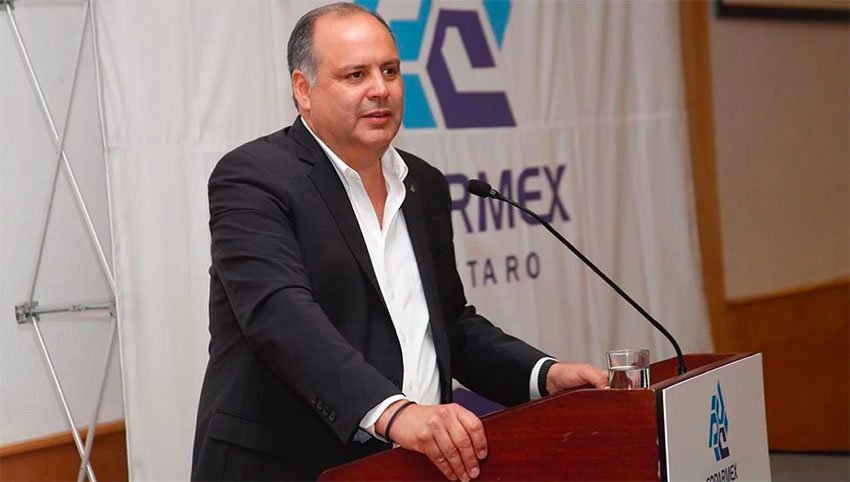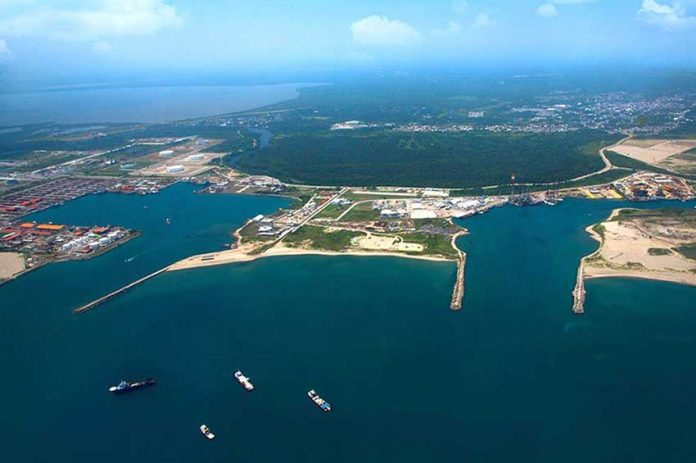Business groups, a credit rating agency, the European Union and petroleum sector analysts have spoken out against the federal government’s decision to scrap the bidding process for the new oil refinery in Tabasco and build the project itself.
President López Obrador said yesterday that the bids received by the government for the Dos Bocas refinery had been rejected on the grounds that they were too high and because the companies’ estimated timeframes to complete the project were too long.
Instead, the state oil company and the Secretariat of Energy (Sener) will build the refinery, he said.
The Mexican Employers Federation (Coparmex) urged the government to reconsider its plan in consideration of the risks it could generate for Pemex and the nation’s public finances.
López Obrador said the refinery will cost no more than US $8 billion and be ready in May 2022 but Coparmex warned in a statement that there is ample evidence that the project won’t be all smooth sailing for the government.

“Things could go wrong,” the business group said:
- When the most indebted oil company in the world decides to undertake on its own a project of this magnitude in a line of business (refining) that has historically been unprofitable.
- When specialist international companies decide not to participate under the conditions proposed by the government, warning of much higher costs and a longer execution time.
- When the government has little or no experience in building refineries.
- When the world is rapidly moving towards the replacement of fossil fuels with those that are friendly to the environment.
- When serious studies such as that presented by the Mexican Institute for Competitiveness show that the Tabasco refinery only has a 2% chance of success.
The Confederation of Chambers of Commerce, Services and Tourism (Concanaco) was also critical, stating that private companies could be dissuaded from investing in Mexico as a result.
Moody’s Investor Services said the move will place increased pressure on the finances of Pemex – it already has debt of US $106.5 billion – and the government.
“The fact that the project is advancing under the supervision of Pemex and the Secretariat of Energy is another task for the Pemex management team, which is already struggling to stop the decline in the production of crude and upgrade the existing refineries,” said Peter Speer, a senior vice-president at Moody’s and leading Pemex analyst.
Potential delays in the project and cost overruns pose risks both to the state oil company and the government, he said.
Klaus Rudischhauser, European Union ambassador to Mexico, said the government’s decision to take charge of the project sends a bad signal to international companies that are looking at the possibility of participating in the large infrastructure projects proposed by the López Obrador administration.
“I don’t know whether replacing a bidding process with national investment is a good response, I have my doubts,” he said.
Rudischhauser said that there is interest in European countries to participate in projects such as the Maya Train and the Isthmus of Tehuantepec trade corridor but stressed that it is essential to have clearly-defined international tendering processes.
Petroleum sector experts including former Pemex officials told the newspaper Milenio that the government’s decision was “bad news,” stating that the state oil company and Sener don’t have the technical capacity to carry out the refinery project.
Former Pemex refining director Juan Bueno Torio said the state-owned entity isn’t a construction company and doesn’t have the technology required to complete the project, while analyst Ramsés Pech said the private sector should invest in smaller refineries in strategic locations in order to improve the supply of fuel.
Opposition lawmakers were also critical, arguing that Pemex doesn’t have the necessary experience to build the refinery and contending that the US $8-billion budget will be insufficient.
In contrast, the ruling party’s leader in the lower house called the move a “brave decision.”
Mario Delgado said that putting Pemex in charge of the refinery project was just as ambitious as former president Lázaro Cárdenas’ creation of the state oil company.
Ricardo Monreal, leader of the Morena party in the Senate, expressed confidence that the López Obrador will fulfill his promise to build the refinery in three years without exceeding the budget, and called on others to show the same faith.
“I’ve known him for years, he’s perseverant and he’s going to achieve it,” he said.
Source: El Economista (sp), Milenio (sp)
